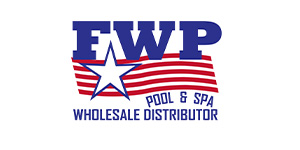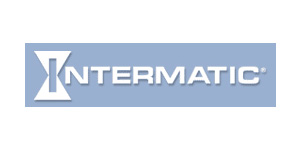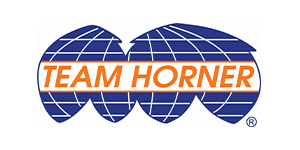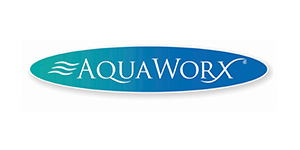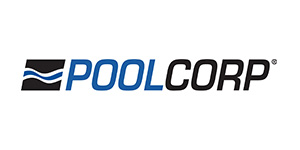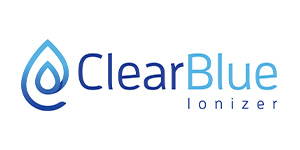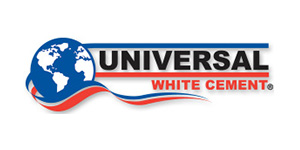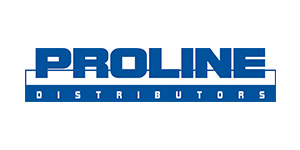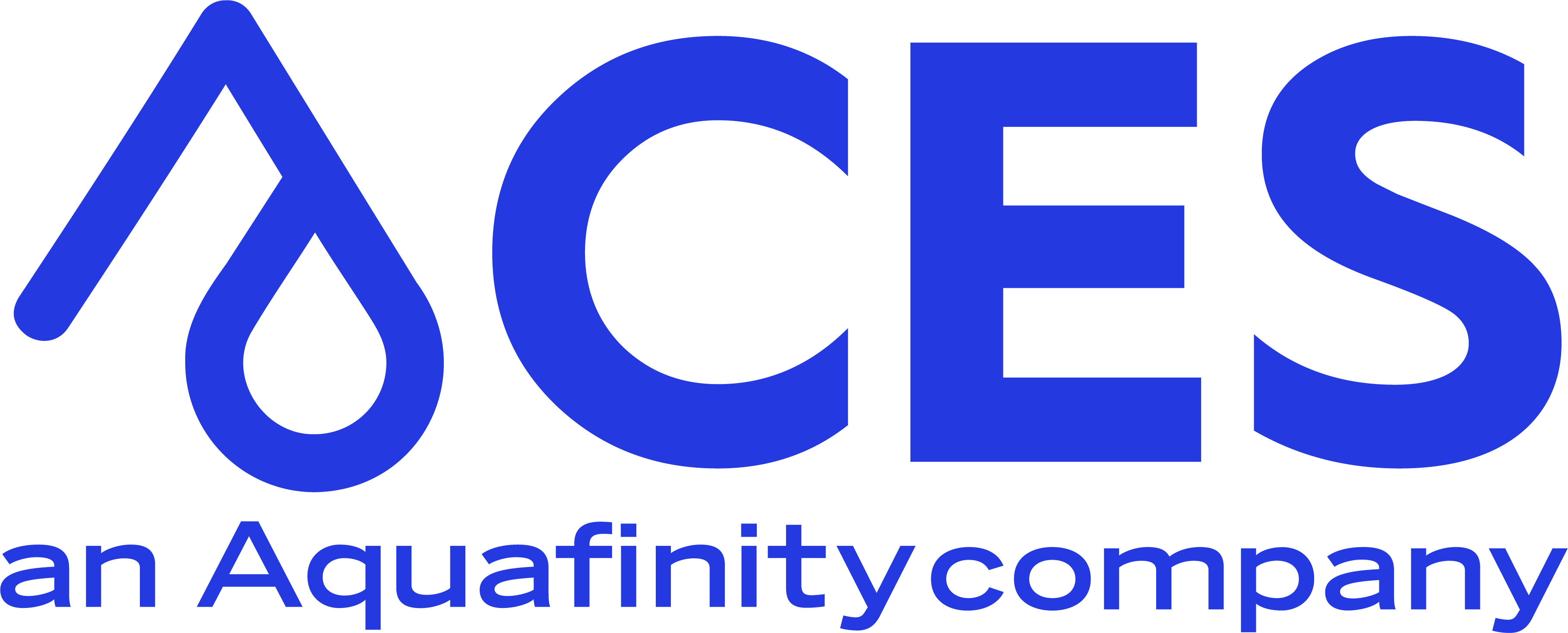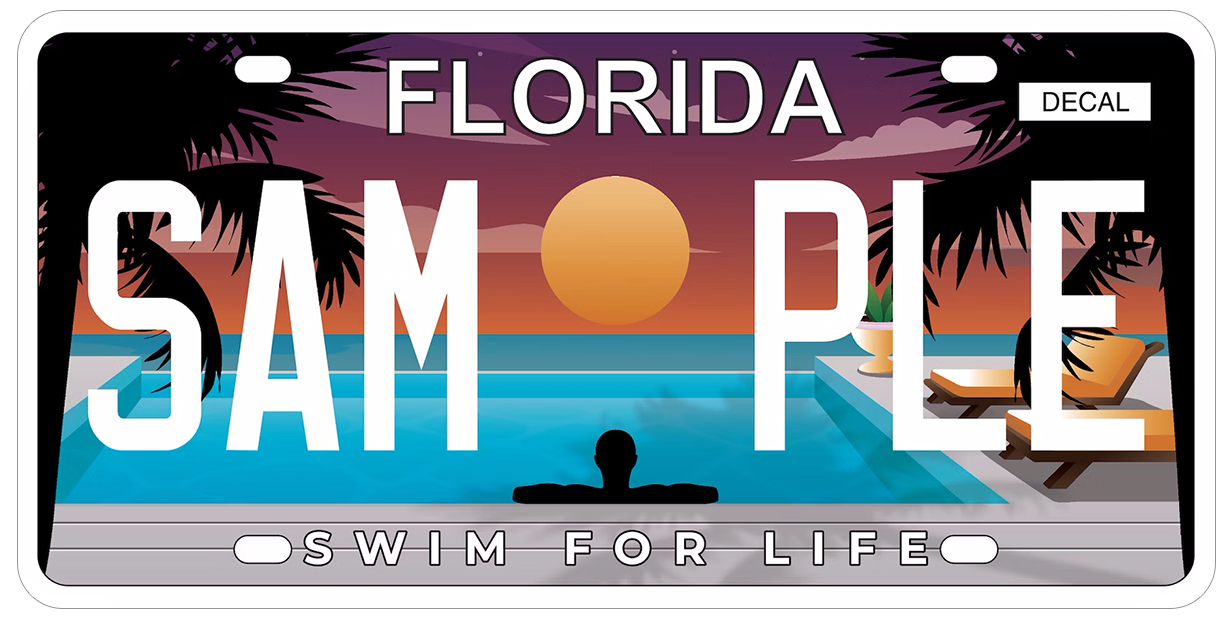By Stephanie Taggart, Signature Pools & Spas, Inc. / stephanie@signaturepools-spasinc.com
As an industry, we work by written codes which we follow every day from city to city. Pool professionals know these codes and adapt to new ones. We have that handled!
But it is not finished there. Did you know that each city (or discipline) has their own group of codes – Municipal Codes or Municodes?
Think of them as HOA codes, but for an entire city or town. Municodes can dictate the height and type of a fence, allowable location of a pool, equipment position in the yard, and hidden setbacks beyond the publicly listed ones. Those same codes can even dictate additional measures needed for the Residential Swimming Pool Safety Act. They are far reaching in some cases and are typically developed by that city with the help of the zoning, landscaping, and engineering/flood departments. These codes can change faster than any FBC or ANSI code and without any warning to you even if you are currently working in that area. For this reason, many pool professionals typically do not know all the changes to a municipal code and cannot be prepared.
These codes can also supersede the Florida Building Code, with a costly effect on your business and your homeowner. Engineering and flood regulations are also included in the Municipal Codes and will vary from city to city. The Municode takes a precedent to building, plumbing, and electrical reviews. This comes at a cost that you are incurring either by losing the entire job, lost time, review fees, or an angry customer.
There are multiple cases where Municipal Codes were changed, enforced, or Interpreted to an unfavorable decision toward projects with one person being the deciding factor.
What do you do? If it is an area that you work in often, check the commission meeting agendas for any changes that might affect your business or clients. Read the Municipal Codes that are available online. They change frequently with additions or clarifications. It may also include a new addition that all job site vehicles must be registered in the city for a cost.
If the Municipal Code enforcement or change causes undue burdens on homeowners or you, contact your local FSPA chapter; maybe another local member has the same situation. Dallas Thiesen, FSPA Senior Director of Government Affairs, along with your local chapter members could possibly help the situation. Sometimes a conversation between a city and multiple FSPA members can clarify a Municipal Code, start a re-write, and build a better relationship with the building departments.
You are not alone. Being prepared is your best approach and being a FSPA member will be your greatest asset.






